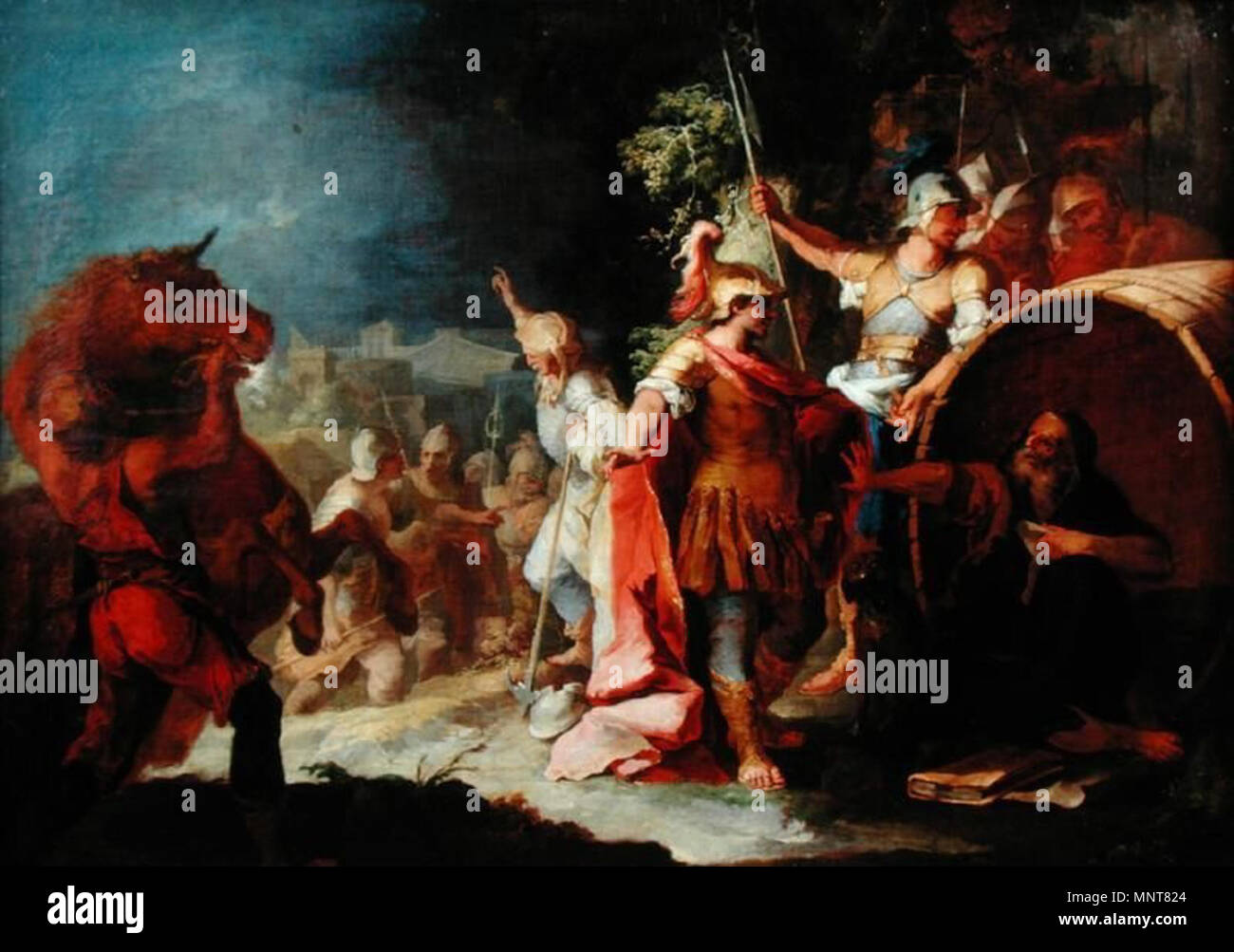

Furthermore, the sun god, Re, had long been fused with Ammon in Egyptian lore.įigure 2.

Nor was the priest's salutation surprising, since Alexander had already been acknowledged as pharaoh by the priests at Memphis and part of the formal title of pharaoh was Son of Re. In particular, Plutarch, Curtius, Strabo and others report that the high priest greeted the king as the son of Zeus (Fig 2) and they add that Alexander welcomed this and encouraged its acceptance among his followers. This Egyptian god was considered by the Greeks to be a manifestation of Zeus, so some of our sources simply name Zeus as the god of the oracle. He especially saw himself as the new Achilles, the hero from whom his mother's family claimed descent.Ī subsequent famous episode in Alexander's career was his visit to the Siwa Oasis in the Egyptian desert in early 331BC to consult the Oracle of Ammon. Therefore we can be confident that Alexander would passionately have coveted such a title inasmuch as he always strove to emulate his Homeric heroes. Alexander was a great fan of Homer from his boyhood and in both the Iliad and the Odyssey, diogenes is frequently used as an epithet of various of the Greek heroes, notably Patroclus (e.g. Its literal meaning is Zeus-born or sprung from Zeus. Alternatively, the riddle may be answered by the fact that the name of Diogenes had another significance for Alexander. But this is perhaps a little at odds with the fact that Alexander himself never disdained either. It is usually supposed that the king was expressing admiration for the disdain for earthly power and wealth shown by Diogenes. Alexander visits Diogenes the Cynic at Corinth in 335BC (Plutarch, Life of Alexander 14)įigure 1. Alexander delivered his greetings and enquired whether Diogenes desired anything of him? Yes, indeed, the philosopher replied, Could you stand a little out of my sun? Alexander's friends were deriding Diogenes as they quit the scene, but the king quieted them by confiding quite enigmatically: Were I not Alexander, I would be Diogenes. The king and his companions approached the philosopher whilst he was sunbathing in a suburb called Craneion, whereupon Diogenes lifted himself onto his elbows and scowled at the encroaching crowd (Fig 1). One of the best-known anecdotes concerning Alexander the Great is the story of his meeting with Diogenes the Cynic at Corinth in September 335BC.

Or The Relationship Between Alexander And Diogenes


 0 kommentar(er)
0 kommentar(er)
